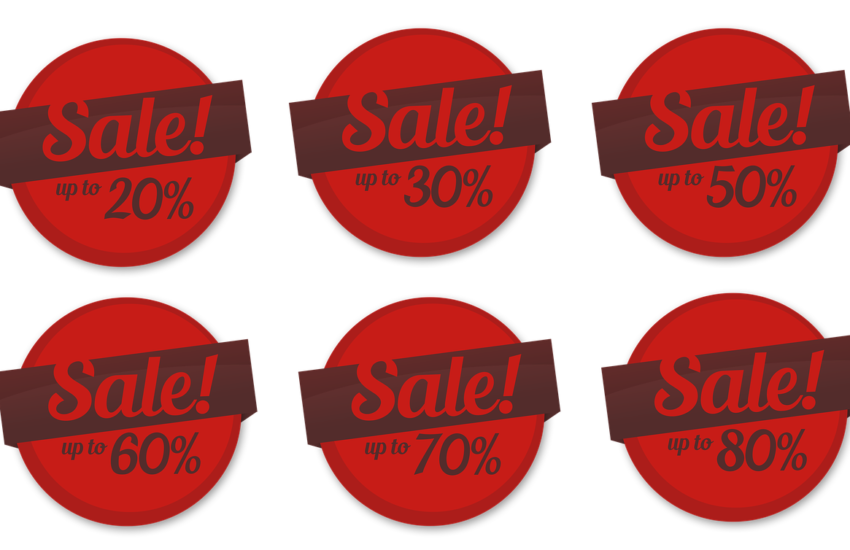In my last blog post, I presented a very simple example of a business – a language school – so that you can understand how to count the profitability of your business or, in a specific case, the profitability of a particular product. You are unlikely to run such a business, but in order to understand what is revenue, cost and profit, it is worth your while to read this text. Let me remind you of the premise. We run
Continue reading




